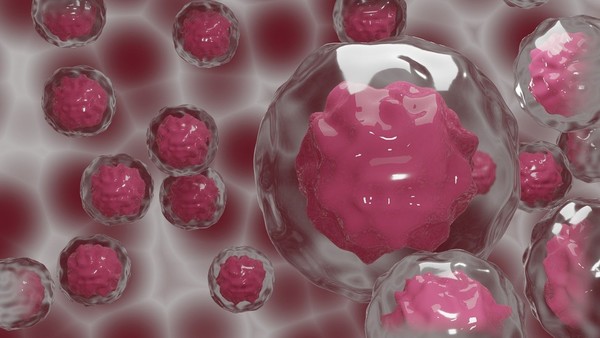Korean pharmaceutical companies are racing to develop a lipid nanoparticle (LNP) drug delivery technology, each using a different strategy.
Those actively pursuing LNP development are Daewoong Pharmaceutical, Dong-A Socio Holdings, GC Biopharma, and Yuhan Corp.

LNP is a drug delivery system key to developing mRNA-based drugs. The technology drew much attention when drugmakers developed mRNA Covid-19 vaccines using LNP.
On Wednesday, Daewoong Pharmaceutical said it picked LNP as a promising drug development technology for the future, announcing its goal to become a global leader in drug development technology by 2030.
To secure LNP technology, Daewoong said it would actively push for open collaboration.
Although Daewoong has not had any joint research or licensing agreement for LNP technology so far, it will seek a partnership with an LNP technology owning company, Daewoong said.
Daewoong plans to use LNP to discover new indications or develop new drug forms.
More specifically, the company aims to develop a “selective organ targeted LNP” to target specific organs like the lung or the brain and try various new drug forms such as oral administration and ocular injection.
Daewoong also said it would improve the physical properties of drugs to enhance the safety of LNP and make medicines easy to store for a long time.
Dong-A Socio Holdings has taken quick steps to work on LNP technology since the outbreak of the Covid-19 pandemic.
ST Pharm, an affiliate of Dong-A Socio Group, signed an agreement with Ewha Womans University Industry-Academic Cooperation Foundation to jointly develop an LNP technology in March last year.
Under the agreement, ST Pharm Vice President Yang Joo-sung and Ewha University College of Pharmacy Professor Lee Hyuk-jin will develop an LNP technology.
ST Pharm will cover the two-year development cost fully. After the development, the company and the university will apply for the intellectual property right for the LNP technology together.
Through joint research with Professor Lee, ST Pharm will use a new LNP technology for drug development and CDMO (contract development and manufacturing organization) business.
In April, GC Biopharma began its journey to develop an LNP technology. The company signed a development and option agreement with Acuitas Therapeutics, a Canada-based LNP developer, to license the latter’s LNP technology.
GC Biopharma will use up to four LNP technologies owned by Acuitas Therapeutics to develop mRNA vaccines or treatments.
Pfizer’s Covid-19 vaccine Comirnaty also used Acuitas’ LNP technology.
Yuhan also said on June 7 that it agreed with a research team of Professor Lee Joo-youp at the University of Cincinnati to develop a new LNP source technology. The new technology aims to increase mRNA’s delivery to targeted tissues.
The research team of the University of Cincinnati noted that they would secure the patentability of a new substance and use it to raise the delivery efficiency. Researchers have limited access to the currently commercialized LNP technologies due to patents held by some companies.
Using a new mRNA structure and a new LNP source technology, Yuhan plans to develop immunotherapy that regulates the function of immune cells.
In the LNP development process, the company will consider synergy effects with other immunotherapy pipelines.

